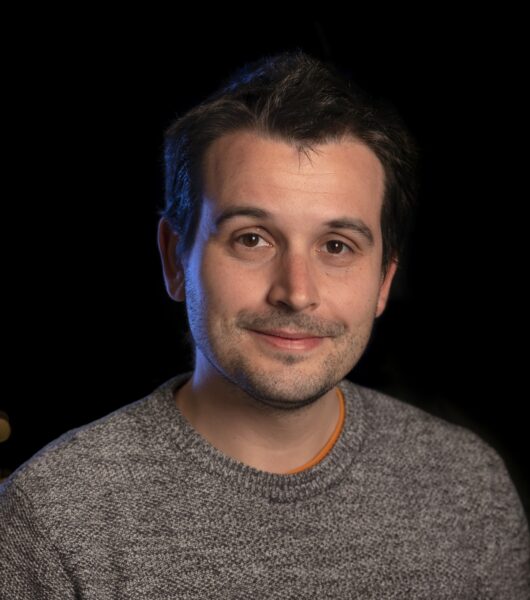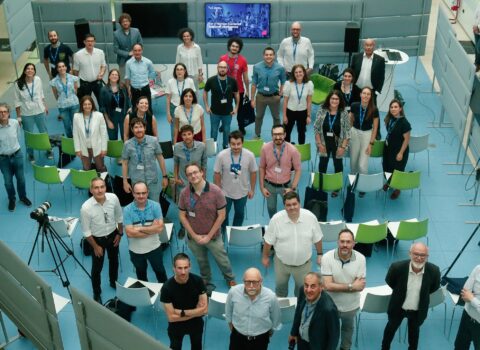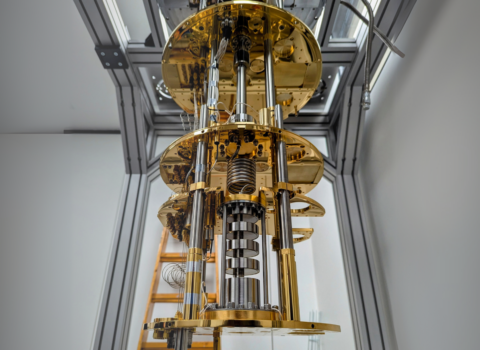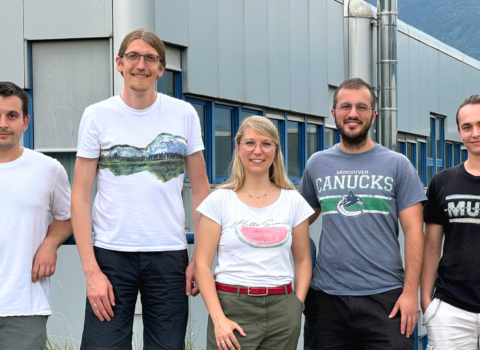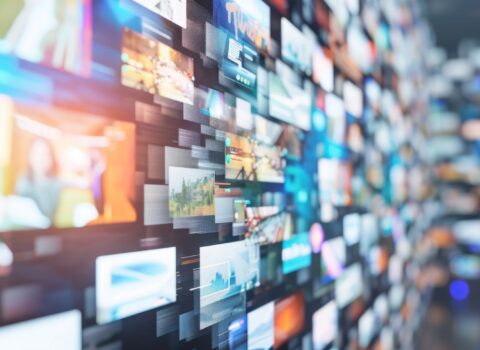
The Co.scienza event
What does conscience have to do with AI and scientific research? We joined Nicolò Crescini and Geopop for an insightful evening to explore this question
We often take conscience for granted, but do we truly understand what it is? How does it work? Where is it located? The answers are anything but straightforward. Even though we can’t always define it precisely, we tend to look for conscience outside of humans, in animals or even in artificial intelligence.
For instance, when we interact with a generative AI, do we recognize the conscience behind the responses it generates? The texts it produces are so well-crafted that, at times, they are nearly indistinguishable from those written by humans. This was demonstrated when MeriB presented the definition of “Italian cuisine” during the closing night of the Co.Scienza festival.
Maria Bosco, a mathematician and scientific communicator with Geopop (also known as MeriB), explored the topic of artificial intelligence with Emiliano Biasini, a professor at the University of Trento, and Nicolò Crescini, a researcher and Science Ambassador at Fondazione Bruno Kessler.
These two “real-life” scientists stand in stark contrast to the AI-generated image of a scientist projected during the evening at the Sanbàpolis theater: a well-groomed, white man in a pristine suit, standing in a sterile lab filled with screens and handling test tubes filled with glowing, electric blue liquid.
“Nicolò, Emiliano, do you recognize yourselves in this portrayal of the scientist with a test tube in hand?”
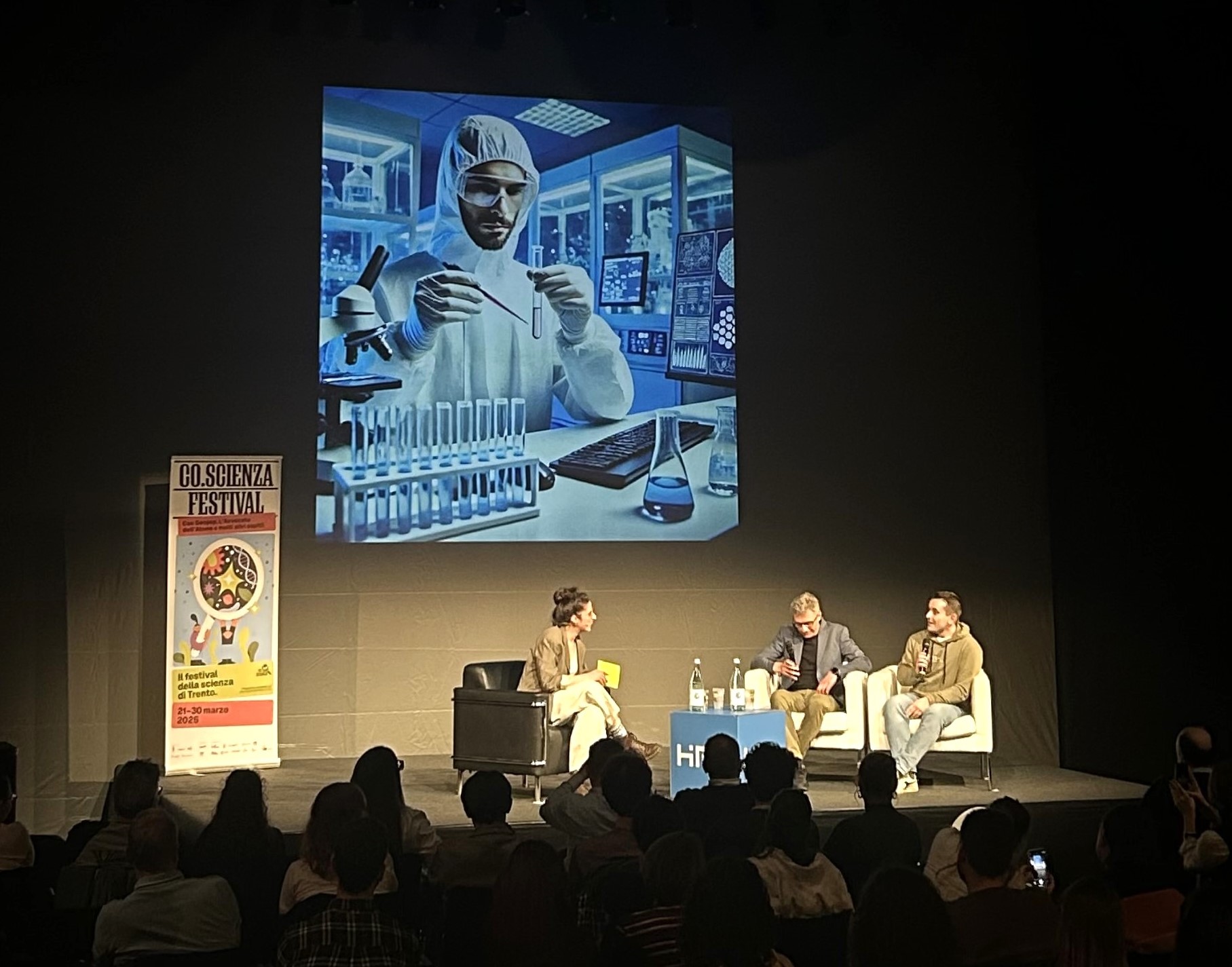
This provocation inspired the story of their typical day. For Nicolò Crescini, for example, his work often takes place in the laboratories of Fondazione Bruno Kessler. To help the audience connect with his work environment, he shared some of the sounds that accompany him daily: the noise of a toolbox, the hum of the refrigerator, the scratch of chalk on the blackboard, and other distinctive sounds from the laboratories where he works.
Crescini, a physicist specializing in quantum technologies applied to fundamental physics, emphasized that artificial intelligence has long been a consistent presence in his research. Therefore, unlike some fields, including protein studies as mentioned by Professor Biasini, he has not experienced a “turning point” with the rise of AI.
Looking ahead, both expressed hope for significant progress in their respective research areas. However, as they pointed out while answering numerous questions from the audience at the Sanbàpolis theater, scientific advancement is almost never the result of sudden breakthroughs. Instead, it comes from a gradual journey of daily dedication and countless trials. Science moves forward in small steps, often through a tiring but profoundly human process, where patience, passion, and mistakes are essential tools. It is common, they say, to spend months developing a hypothesis, only to realize it doesn’t hold up, prompting a fresh start based on a new intuition. This, they believe, is the true essence of research: an ongoing exercise in humility and perseverance, where each failure opens the door to new possibilities, and every uncertainty fosters growth.
The Co.Scienza Aumentata event, organized by HIT Foundation as the closing event of the Co.Scienza festival created in 2018 by the UNITiN and Open Wet Lab student associations, provided a valuable opportunity to “bring science out of the laboratories,” presenting it in an open, transparent, and engaging manner.


